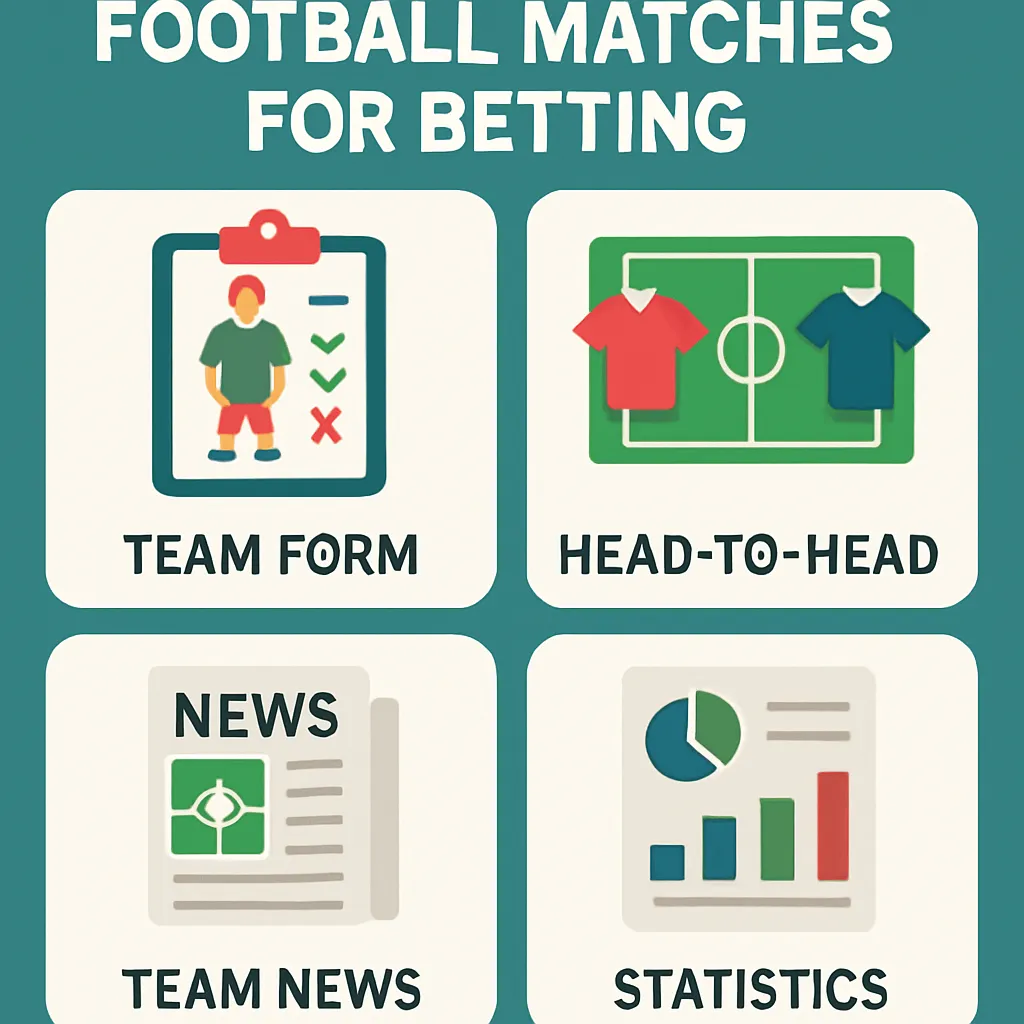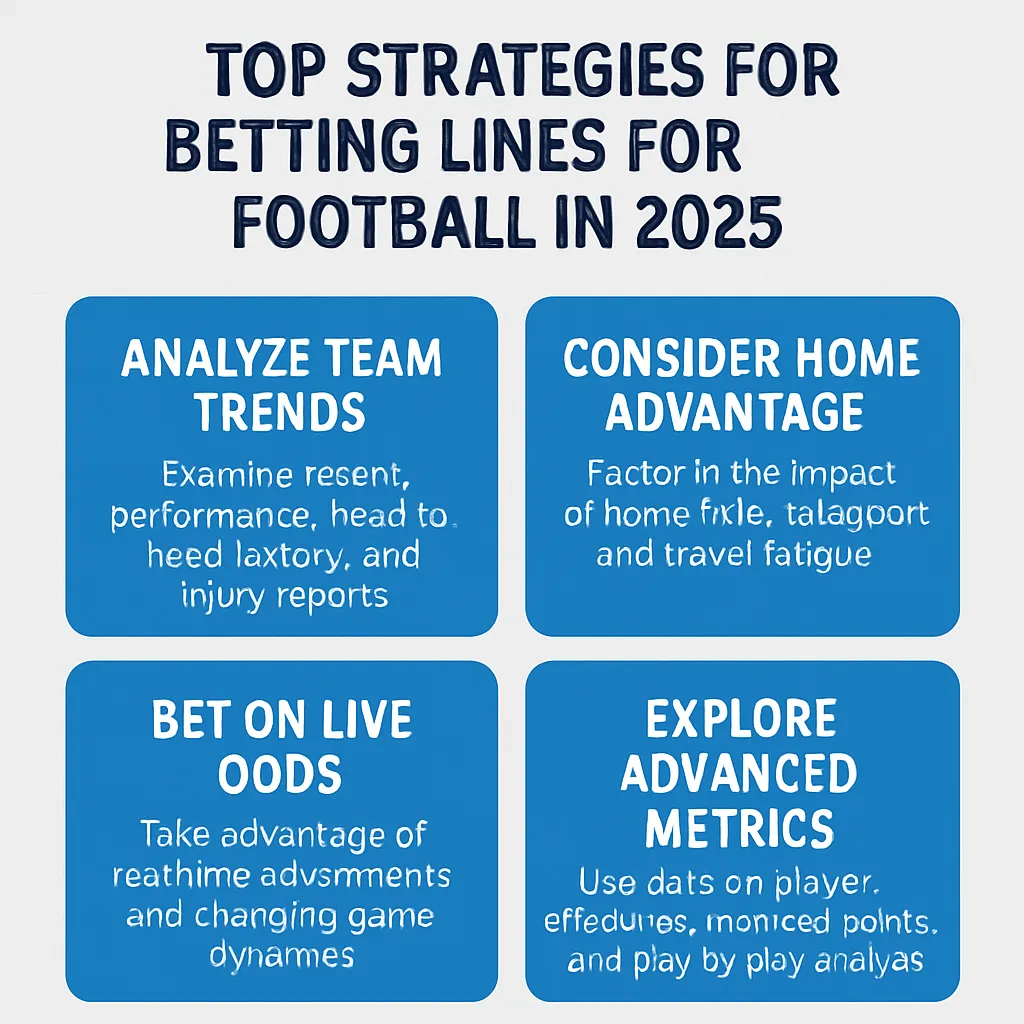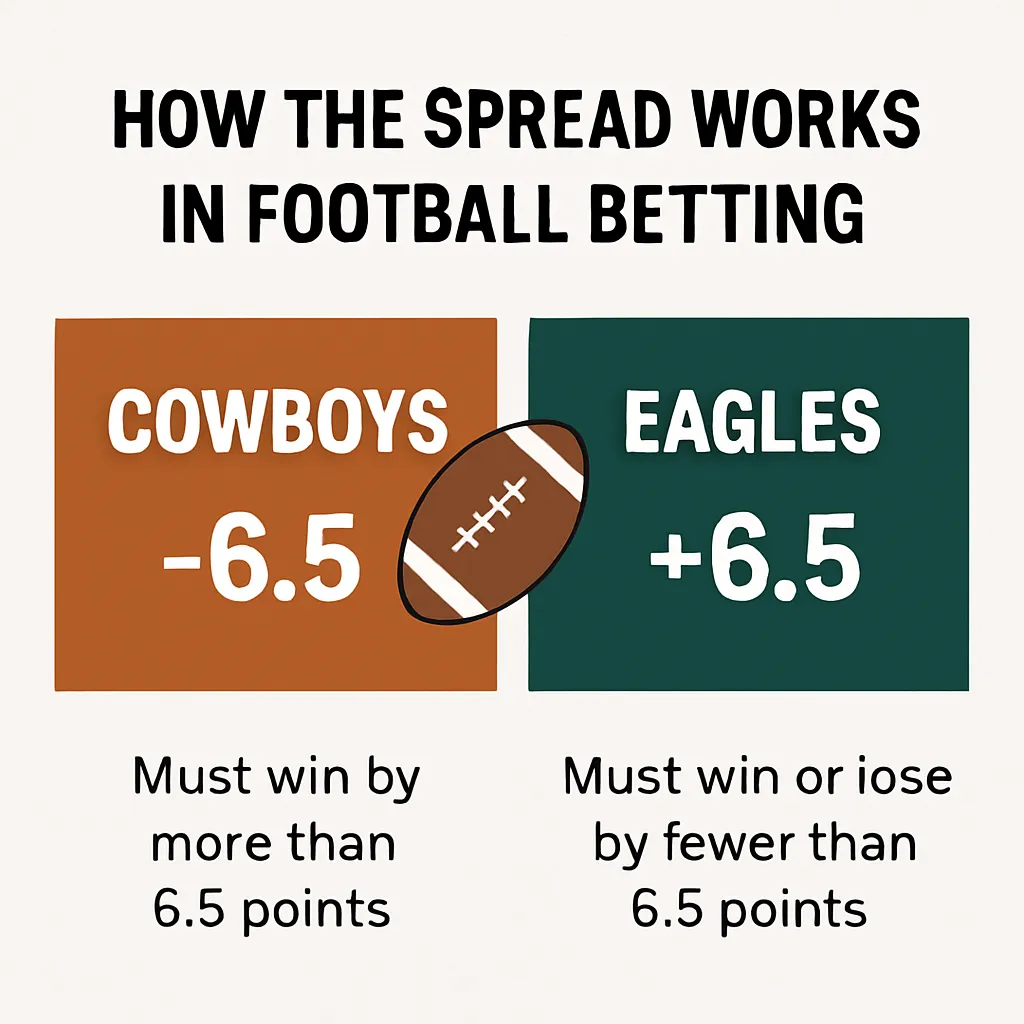Unlocking wealth through sports betting is a tantalizing goal for many. While luck plays a part, sustainable success hinges on knowledge, discipline, and strategy. This guide dives into the fundamentals of sports betting, advanced techniques, common pitfalls, and responsible gambling practices. Whether you’re a beginner or a seasoned bettor, you’ll discover actionable insights to improve your edge. Along the way, we’ll explore real-life success stories that demonstrate what’s possible. Let’s embark on the journey to turn sports betting into a potential revenue stream.
Understanding Sports Betting Basics
Before placing your first wager, it’s crucial to understand the building blocks of sports betting. Mastering the vocabulary and mechanics of bets lays the groundwork for every strategy you’ll employ. This section covers the primary bet types and how to interpret odds—two essentials for anyone aiming to become rich with sports betting.
Types of Sports Bets
Sports betting offers a variety of bet types suited to different risk appetites and analytical preferences. Here are the most common:
- Moneyline Bets: A straightforward wager on which team or individual will win.
- Point Spread: Betting on the margin of victory, leveling the playing field between favorites and underdogs.
- Over/Under (Totals): Wagering on whether combined scores will be above or below a set threshold.
- Parlays: Combining multiple bets into one; all legs must win to payout.
- Futures: Long-term bets on season outcomes like championships or MVP awards.
Understanding these bet types helps you choose the structure that aligns with your analytical strengths and risk tolerance. Each offers unique odds and potential returns, which we’ll explore further.
Interpreting Betting Odds
Betting odds translate real-world probabilities into potential payouts. There are three main formats you’ll encounter:
- American Odds: Positive numbers show how much you win on a $100 bet; negative numbers show how much you must wager to win $100.
- Decimal Odds: The multiplier of your stake to calculate total return, including the original stake.
- Fractional Odds: Common in the UK, these represent profit relative to stake (e.g., 5/1 means you win $5 for every $1 staked).
Converting between these formats ensures you can compare lines across sportsbooks and identify value bets. Familiarity with odds formats strengthens your ability to evaluate opportunities quickly and accurately.
Effective Betting Strategies
Strategies separate casual bettors from those who consistently beat the book. Effective techniques combine statistical analysis, disciplined bankroll management, and identifying edges. This section outlines proven methods to enhance your win rate and preserve capital.
Value Betting Techniques
Value betting involves finding discrepancies between your calculated probability of an outcome and the bookmaker’s implied probability. Steps to value betting:
- Calculate your own probability of an event based on data and analysis.
- Convert bookmaker odds into implied probability.
- Compare probabilities—bet when yours exceeds the implied probability.
Consistently spotting value bets requires detailed record-keeping and honest self-evaluation. Over time, small edges can compound into substantial profits.
Using Statistical Models for Winning
Advanced bettors leverage statistical models to forecast outcomes more accurately than public opinion. Common approaches include:
- Regression Analysis: Predict continuous variables like scores or margins.
- Machine Learning Models: Random forests, neural networks, or gradient boosting to capture nonlinear patterns.
- Poisson Distribution: Modeling goal or point occurrences in sports like soccer or basketball.
Building a reliable model requires quality data, validation, and iterative refinement. A robust model can uncover unique insights that the market hasn’t fully priced in.
Bankroll Management Basics
Even the best strategy fails without disciplined money management. Bankroll management protects you from ruin and maximizes long-term growth. Key principles include:
- Allocate a dedicated betting bankroll separate from living expenses.
- Use flat betting or proportional staking (e.g., 1–2% of bankroll per bet).
- Adjust stake sizes as the bankroll grows or shrinks.
Maintaining discipline helps you ride out variance, minimize emotional betting, and stay solvent through losing streaks.
Advanced Sports Betting Techniques
For bettors ready to elevate their game, advanced techniques offer additional edges—but they also require deeper understanding and faster execution. Explore these methods to gain an edge in competitive markets.
Arbitrage Betting Explained
Arbitrage betting exploits price differences between sportsbooks, guaranteeing profit regardless of outcome. The process involves:
- Monitoring multiple sportsbooks simultaneously.
- Calculating stakes to cover all outcomes and lock in profit.
- Acting quickly before lines adjust.
While arbitrage offers low-risk returns, it requires significant capital, rapid execution, and multiple bookmaker accounts. Beware of account limitations and potentially banned accounts if detected.
In-Play/Live Betting Tips
Live betting provides dynamic odds that change as events unfold. To capitalize on in-play:
- Watch the event live to assess momentum swings and key injuries.
- Use fast data feeds for updated statistics like possession, shots on goal, or turnovers.
- Focus on markets with limited public attention, where sharp bettors can find soft lines.
Success in live betting hinges on reaction speed and real-time analysis. Practice with low stakes until you master the timing and decision-making process.
The Kelly Criterion and Its Application
The Kelly Criterion optimizes bet sizing by maximizing long-term growth based on edge and odds. The formula is:
f* = (bp – q) / b, where p is probability of win, q is probability of loss (1–p), and b is decimal odds minus 1.
Applying Kelly ensures you bet proportionally to your edge. However, it can lead to high volatility, so many bettors use a fractional Kelly (e.g., half-Kelly) to dampen swings.
Common Mistakes and How to Avoid Them
Avoiding pitfalls is as important as employing strategies. Learn from others’ errors to preserve capital and maintain a rational mindset.
Emotional Betting Pitfalls
Emotions often derail sound betting decisions. Common traps include:
- Bias for Favorite Team: Overestimating your team’s chances.
- Overconfidence: Ignoring data when on a winning streak.
- Fear of Missing Out (FOMO): Placing bets on hypes or infrequent sports.
Combat emotional betting by adhering to pre-defined criteria, keeping detailed logs, and conducting post-mortems on losing bets.
The Dangers of Chasing Losses
Chasing losses—doubling stakes to recover—is a fast track to ruin. It violates bankroll management principles and amplifies risk. Instead:
- Pause betting after significant losses to reassess strategies.
- Review your model or edge calculations for errors.
- Recommit to stake sizes based on current bankroll.
Recognizing when to step back protects your capital and prevents reckless behavior.
Real-Life Success Stories
Real bettors have turned profits into wealth by applying disciplined strategies. Their journeys offer inspiration and practical lessons.
Profiles of Successful Sports Bettors
Bill Benter revolutionized horse race betting with automated regression models, reportedly earning over $1 billion in Hong Kong tracks. His success underscores the power of rigorous data-driven methods and sophisticated programming.
Zeljko Ranogajec, an Australian gambler, excels in horse racing arbitrage and casino games. His meticulous record-keeping and bankroll management demonstrate how long-term consistency trumps short-term risk-taking.
Alan Woods co-founded a quantitative hedge fund focused on football betting, using Poisson and Bayesian models. His interdisciplinary approach highlights the value of combining statistical expertise with domain knowledge.
Responsible Gambling Practices
Wealth creation through sports betting should never come at the cost of financial ruin or emotional distress. Embrace responsible gambling by setting boundaries and seeking help when needed.
Setting Limits and Managing Expectations
Define clear parameters for your betting activity:
| Limit Type | Recommendation | Purpose |
|---|---|---|
| Budget | Allocate no more than 5% of monthly disposable income | Prevent financial strain |
| Time | Limit sessions to 1–2 hours per day | Avoid burnout and emotional fatigue |
| Streak Breaks | Take a week off after 5 consecutive losses | Reset mindset and strategy |
These guardrails help maintain perspective and ensure betting remains a controlled leisure activity rather than a compulsive pursuit.
Recognizing Problem Gambling Signs
Be vigilant for warning signs indicating that gambling may be becoming harmful:
- Preoccupation with placing bets or recovering losses.
- Neglecting personal and professional responsibilities.
- Increasing bets to achieve the same level of excitement.
- Borrowing money or selling possessions to fund gambling.
- Experiencing anxiety or irritability when unable to bet.
If you identify any of these behaviors in yourself or others, seek professional help through support groups, counseling, or hotlines. Responsible bettors know when to step away.
Becoming rich with sports betting is not a matter of blind luck but of disciplined study, rigorous analysis, and smart money management. From understanding basic bet types to mastering advanced models and avoiding emotional traps, each element contributes to long-term success. Remember to apply strategies like value betting and the Kelly Criterion while safeguarding your bankroll through strict limits. Draw inspiration from the journeys of professional bettors, but tailor your approach to your resources and risk appetite. Finally, prioritize responsible gambling to ensure that the pursuit of profit never compromises your financial health or well-being.



